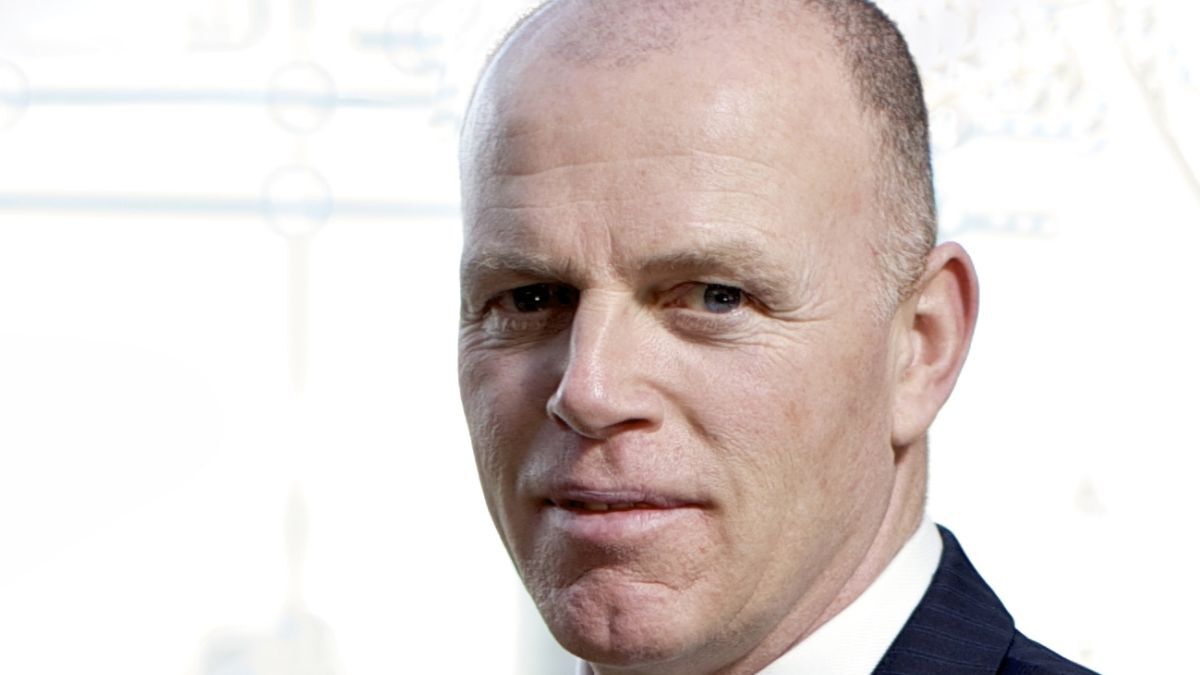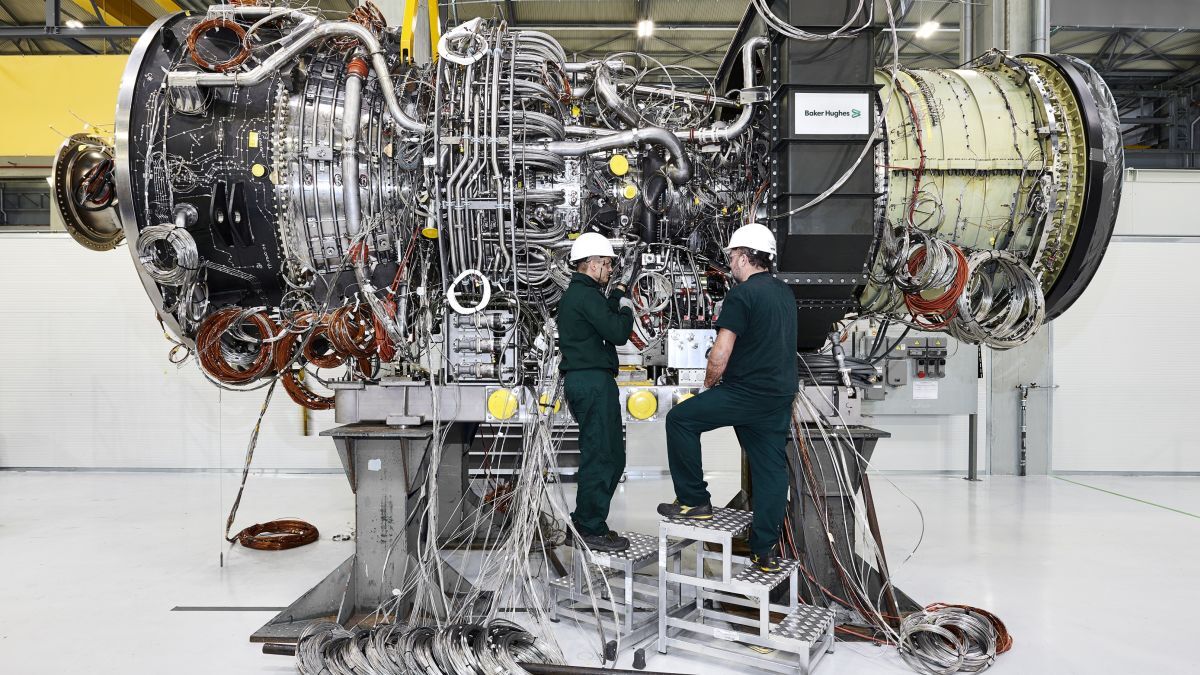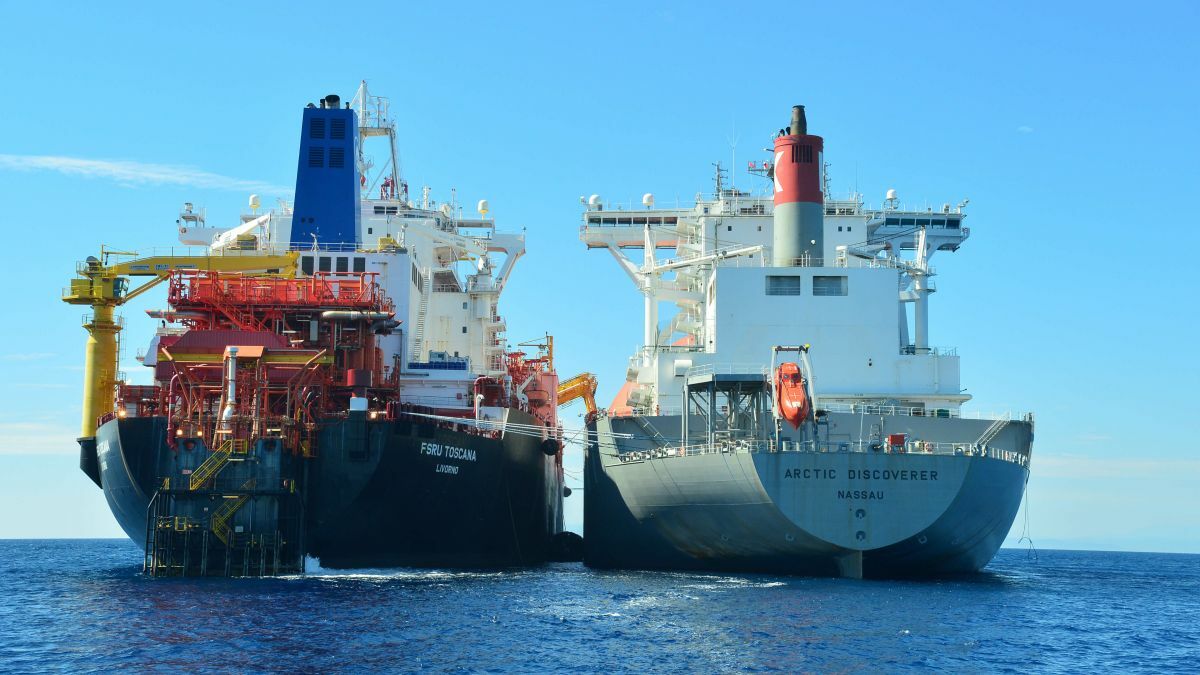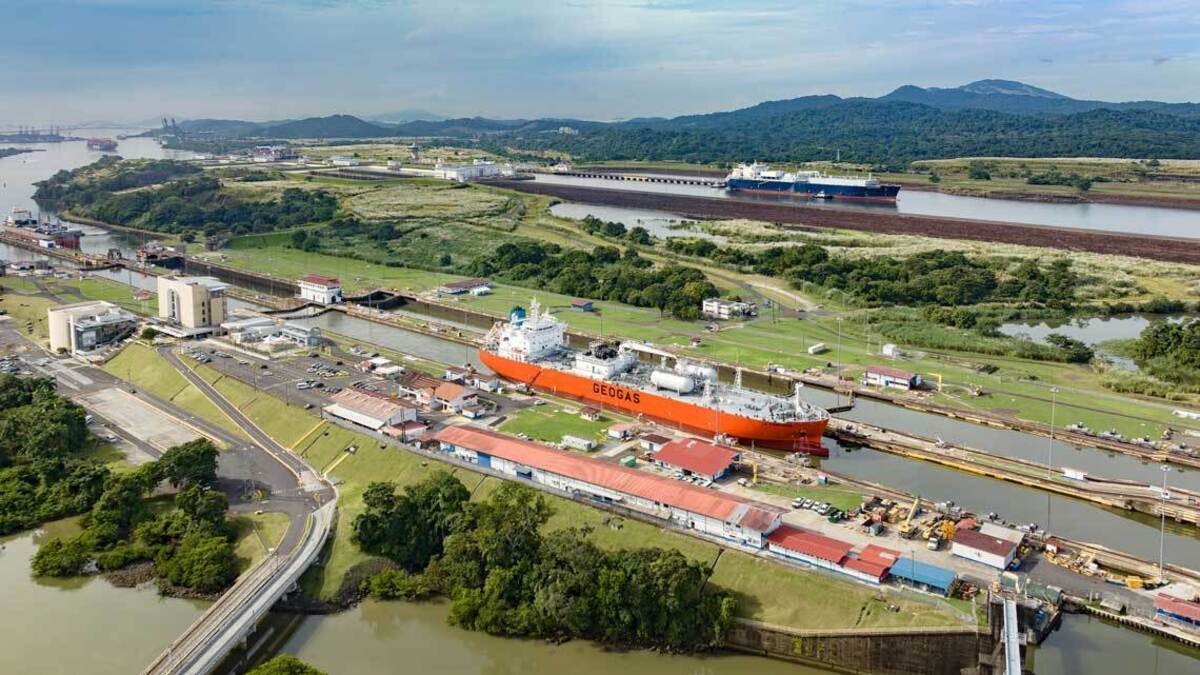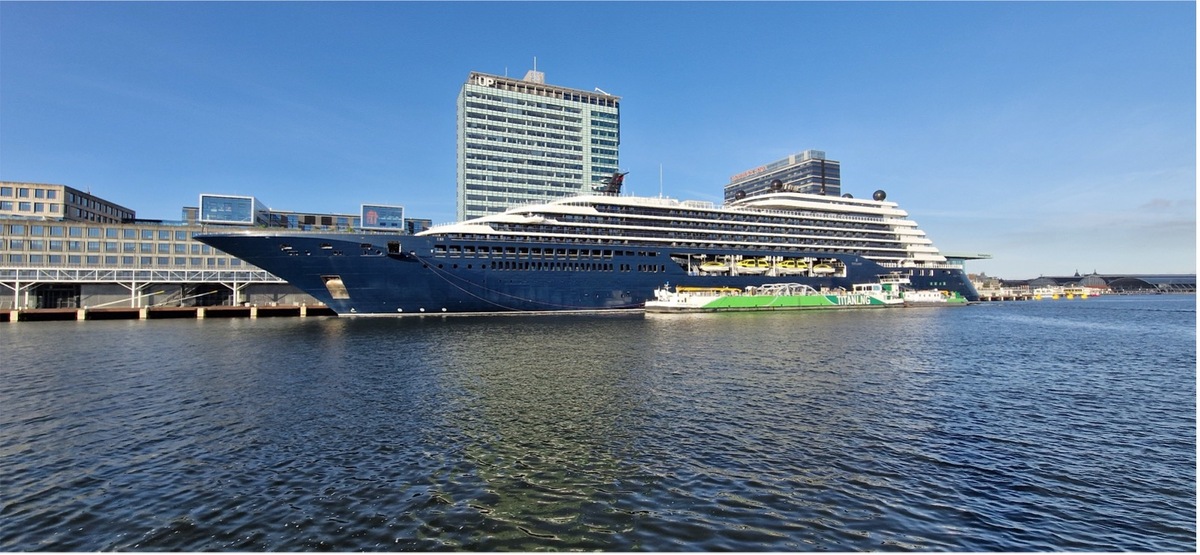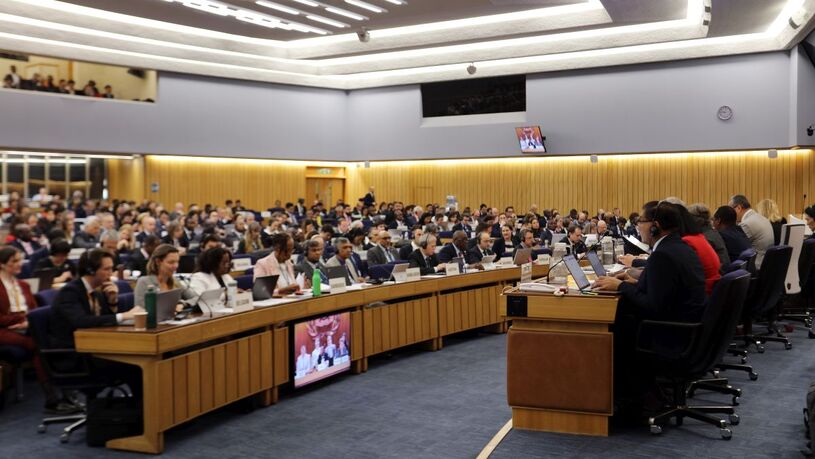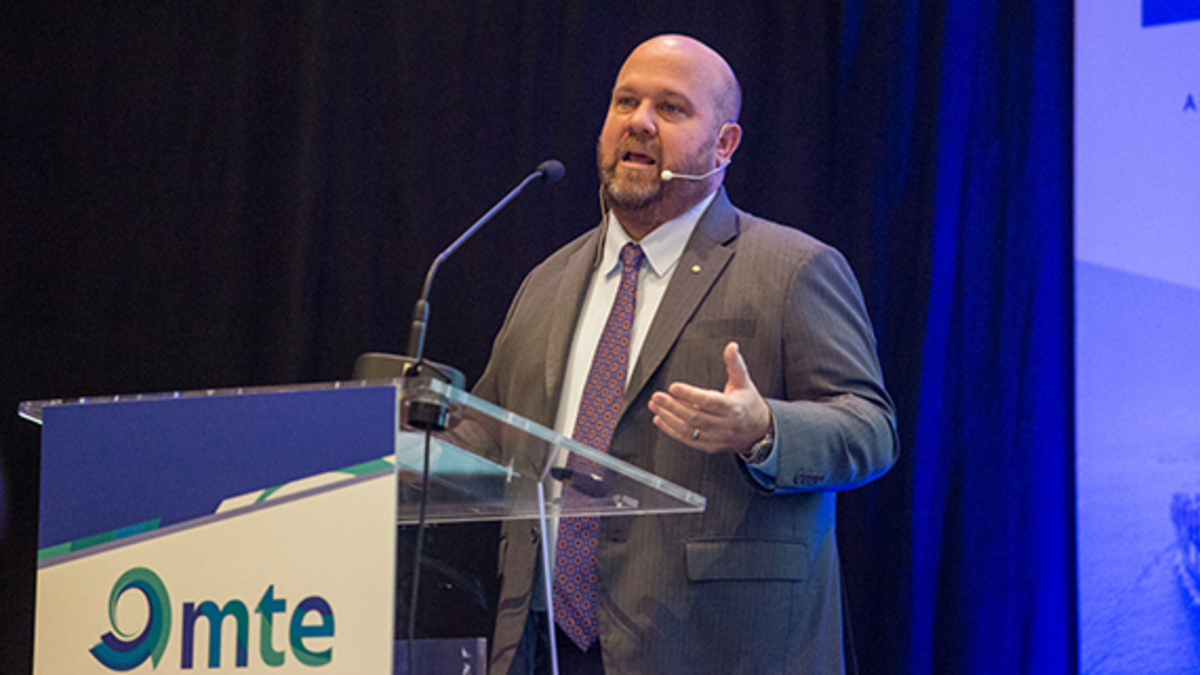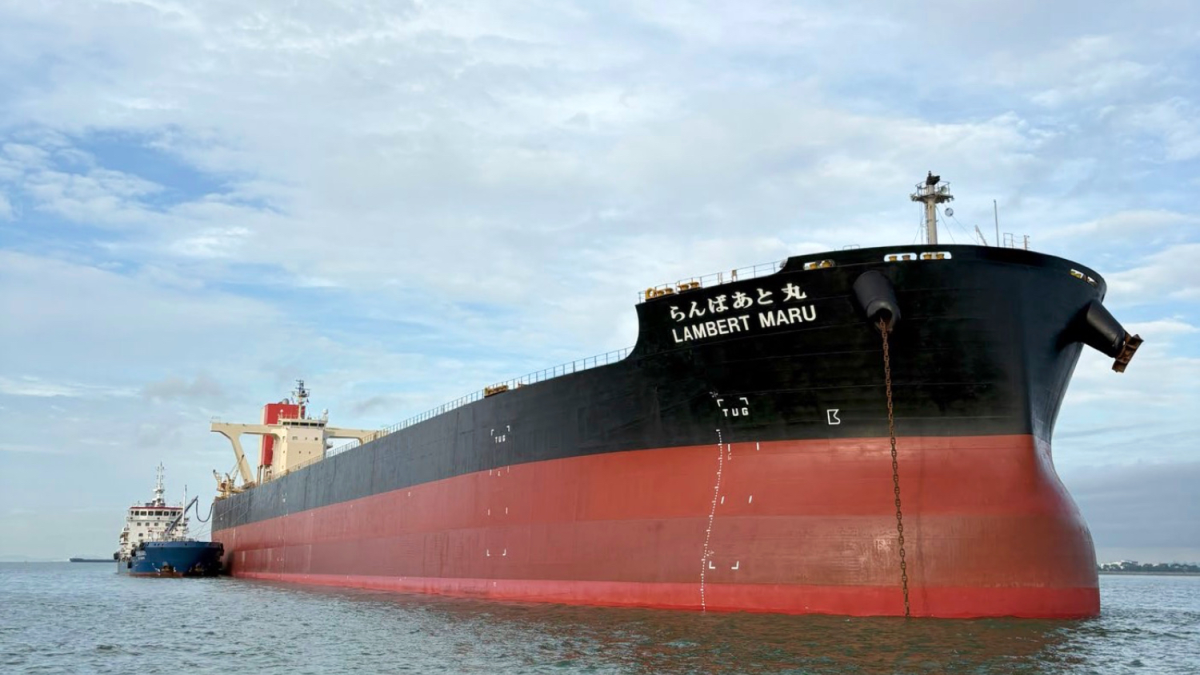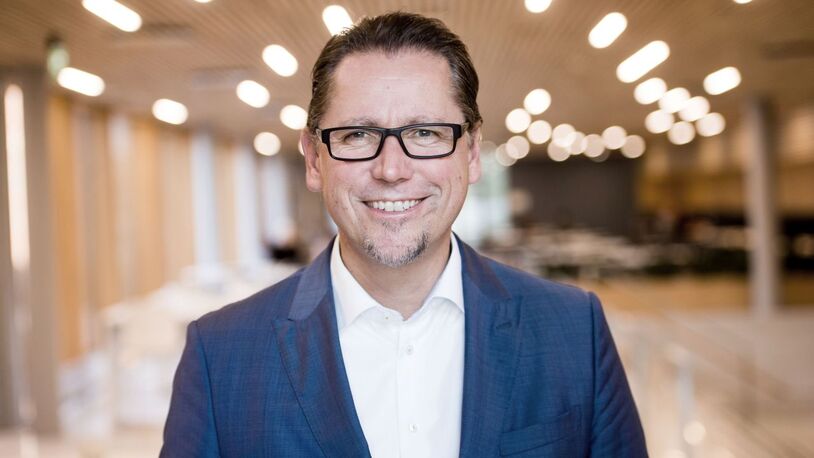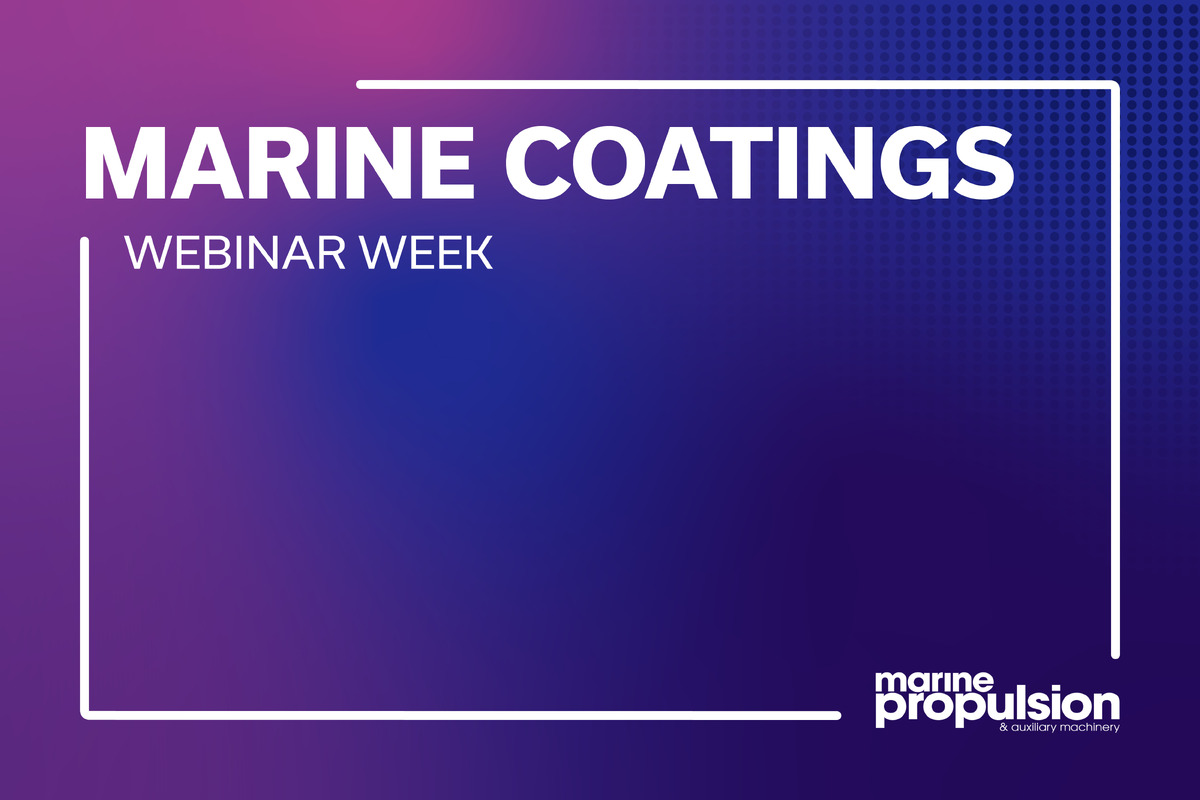Business Sectors
Contents
Interferry CEO: batteries ‘first, second and third’ option for ferries
Interferry chief executive Mike Corrigan spoke to PST at Interferry’s annual conference and emphasised the importance of batteries for decarbonising the ferry sector
Interferry chief executive Mike Corrigan has highlighted how important batteries are for ferries – and how necessary shore power is for the sector.
He told PST in an exclusive interview, “The ferry sector has been leading the charge towards zero emissions for quite a while. We did it originally because it is the right thing to do for communities and for the planet, and now the regulations are also coming in. We want solutions and ours is simple: we have the batteries, let us plug them in and we can go to zero emissions.”
He emphasised that batteries are the main way in which the ferry sector can decarbonise. “Batteries are the first, second and third place option. I don’t think there’s a clear indication on other fuels, and the main thing is we know batteries work, that electrification works, and that is why we are pushing it so hard. Some of our members are trying methanol and hydrogen, but I think the short- and medium-term solution is electrification.”
A major topic at the Interferry annual conference – held in Sorrento, Italy this year – was the lack of shore power available at ports.
Mr Corrigan commented, “We are pushing for it hard, and I think everybody wants to do the right thing, but it is a complicated endeavour. There are the electrical companies, the governments – all players that work together to get the funding. But even if they manage it, it can take up to 10 years to get the infrastructure in place to charge these vessels.”
He singled out just one ferry would need 40 or 50 MW of power.
“We work closely with port associations and do outreach with the local communities, but it is a multi-pronged approach, Interferry, operators, the ports and everybody.”
Another issue for Interferry, which was covered at the conference, is the potential for double taxation for ferry operators, should IMO affirm its rules on fuel intensity and greenhouse gas emissions. These instruments would be parallel with the EU’s policies on emissions and fuels, the EU ETS and FuelEU Maritime.
Mr Corrigan warned, “We demand the threat of double taxation be removed as it will kill our operators and could quadruple fuel costs in a few years. That has to go to the customer at the end of the day. That is the challenge, you can’t be taxed twice in two different jurisdictions, it is not done anywhere else.”
He points out the IMO MEPC session in October has to pass the motion on the legislation. If it does, there is the potential for double taxation. “We will be leaning on the EU to not have that happen.”
Asked about his key takeaways from the annual conference, which saw connections as its theme, with an emphasis on lifeline ferries, Mr Corrigan said, “It has driven home how important ferries are in the world. The fact is we move as many passengers as the airlines do and bring along cars as well.”
He said the conference highlighted the commonality among ferry operators all over the world, from electrification, to regulations, safety, cyber security and trying to understand what AI is about.
The conference saw Cruise Lines Industry Association chief executive Bud Darr take to the stage, highlighting the potential for more collaboration between the two industry associations. “We have in the past collaborated, but Bud takes us to the next level.” Mr Corrigan points out in his recent role at MSC Group, Mr Darr was part of Interferry’s regulatory committee, representing MSC Group-owned GNV, therefore “it is a natural fit and Bud worked well with us over the year”.
Mr Corrigan sums up, “The conference reinforces the ferry community around the world. People really care about each other; competitors are on the stage talking together. Our job at Interferry is to grow the pie, and our operators can fight over the slices of the pie.”
Sign up for Riviera’s series of technical and operational webinars and conferences:
- Register to attend by visiting our events page.
- Watch recordings from all of our webinars in the webinar library.
Related to this Story
Events
LNG Shipping & Terminals Conference 2025
Vessel Optimisation Webinar Week
Marine Coatings Webinar Week
© 2024 Riviera Maritime Media Ltd.


